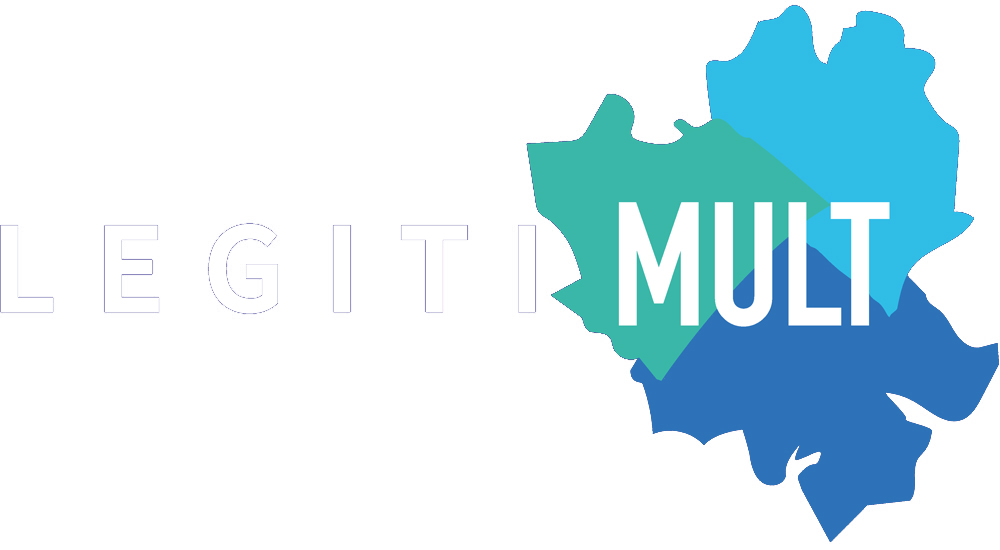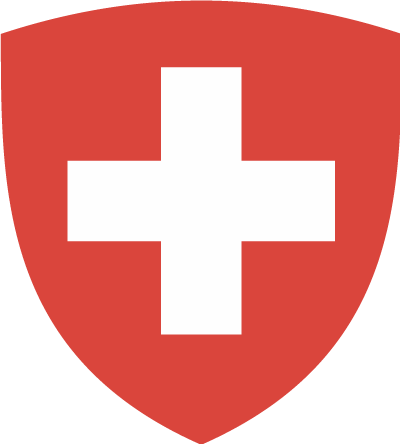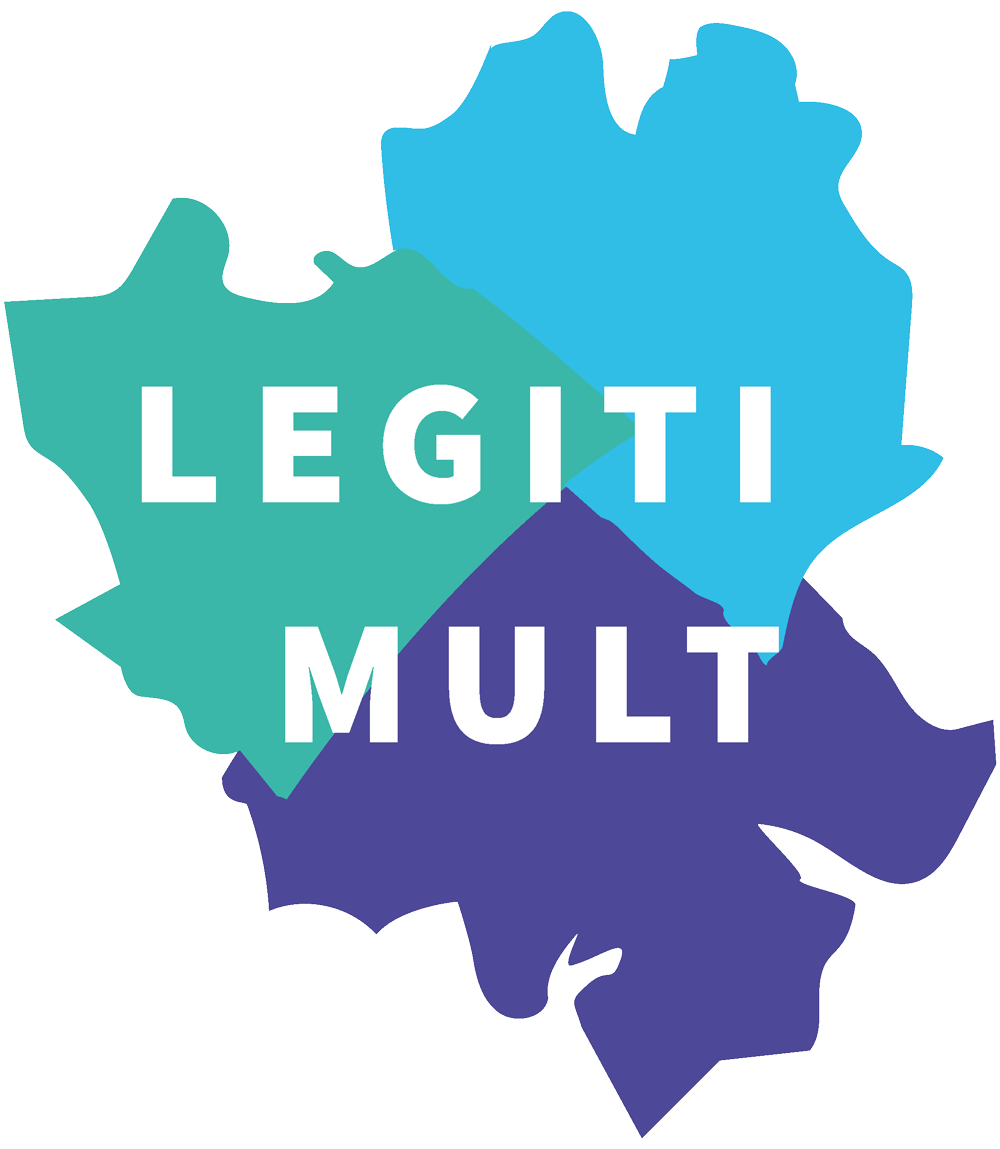LEGITIMULT Final Conference, 3-4 September 2025
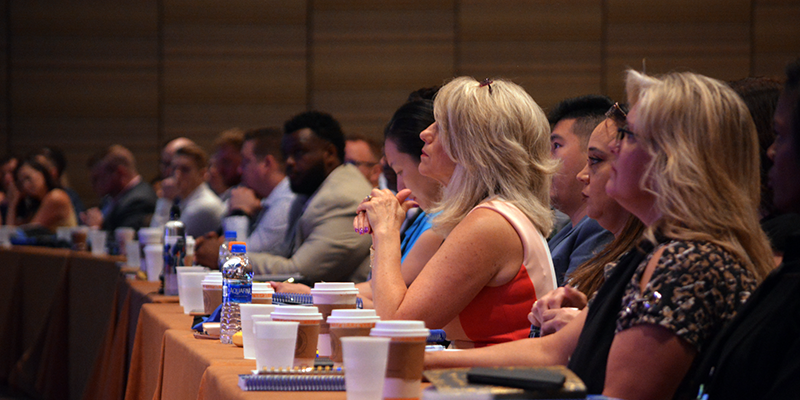
The LEGITIMULT Final Conference took place in Brussels on 3–4 September 2025. This event marked the culmination of the project.
LEGITIMULT Practitioners Webinar Series

The Institute of Federalism, EURAC and the Forum of Federation organised a LEGITIMULT Practioners Webinar Series to bring research into practice.
Media Workshops
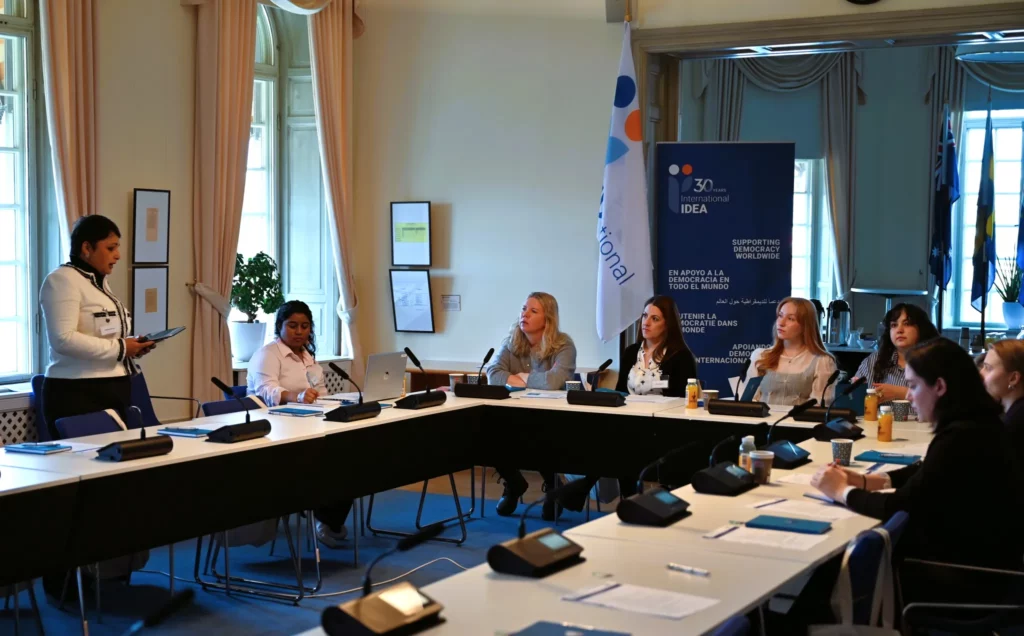
Four of our partners (Eurac in Bolzano, the University of Antwerp, IES in Slovenia, and International Idea in Sweden) organized workshops aimed at journalists and institutional communication experts. Media and communication professionals play a pivotal role as channels of information and discussion within the triangle of science, policy, and the broader public.The primary objective of these workshops was to share insights from the LEGITIMULT project, which is now concluding its final official year. Furthermore, we aimed to strengthen the role of media in the governance of a crisis in a legitimate way. Participants also had the opportunity to collaboratively reflect on the relevance of the project’s findings for the media, and more importantly, on the critical role of information during times of crisis—a cornerstone for legitimate governance.The media workshops took place between April and May 202 in Italia, Bolzano; Belgium, Huldenberg; Sweden, Stockholm and Slovenia, Ljubljana. The insights from the media workshop will contribute to LEGITIMULT’s research, which seeks to develop a model for legitimate crisis governance.
The University of Antwerp hosts third citizens’ jury
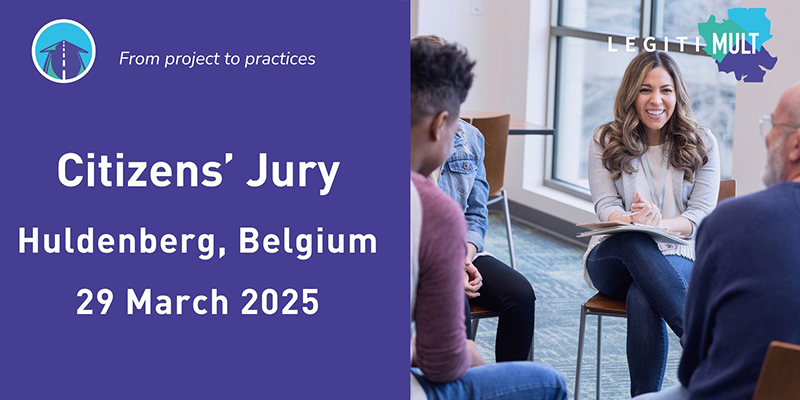
On 29 March 2025, the University of Antwerp convened a new jury in the Belgian town of Huldenberg, gathering local residents to discuss a critical issue: citizens’ trust in government during times of crisis.
The participants engaged in in-depth deliberations, drawing on research findings from the LEGITIMULT project. Their discussions focused on how trust is built, maintained, or challenged when governments at different levels — local, regional, national, and EU — respond to emergencies.
While participants expressed a strong level of trust in national authorities during crises, they also agreed that local governments must play a more active role in decision-making processes. The jury formulated several recommendations for strengthening crisis governance, emphasizing the importance of including local perspectives to enhance legitimacy and public trust.
This event marked another milestone in LEGITIMULT’s broader effort to examine how citizen participation and democratic innovation can improve the fairness, transparency, and effectiveness of crisis response across Europe.
The Institute for Ethnic Studies Hosts Second Citizens’ Jury
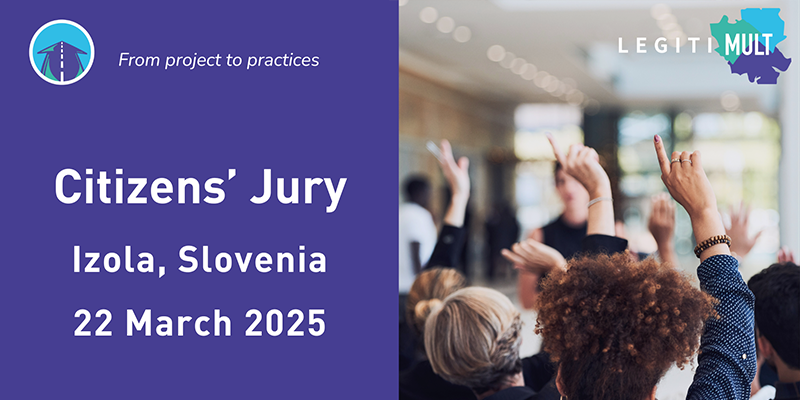
On 22 March 2025, LEGITIMULT’s second Citizens’ Jury took place in Izola, Slovenia, and was hosted by the Institute for Ethnic Studies. Local residents came together to reflect on how crisis management during the Covid-19 pandemic was experienced and perceived across different levels of government. The deliberative sessions focused on key principles such as fairness, effectiveness, and legitimacy of the measures adopted at national, regional, and municipal levels.
Through open discussion and shared personal experiences, participants examined what worked well — and where critical gaps remained — in the public response to the crisis. The insights they generated provide a valuable basis for shaping practical tools and strategies to strengthen crisis governance in the future.
Among the key takeaways were the need for transparent communication and inclusive decision-making processes. Both were seen as essential to build and maintain institutional trust, and to ensure that responses to future emergencies are not only efficient but also perceived as legitimate by the public.
This citizens’ jury is part of the Legitimult project, which explores how democratic innovation can support better crisis governance across Europe by bringing citizens’ voices directly into the policy conversation.
Eurac Research hosts first citizens’ jury
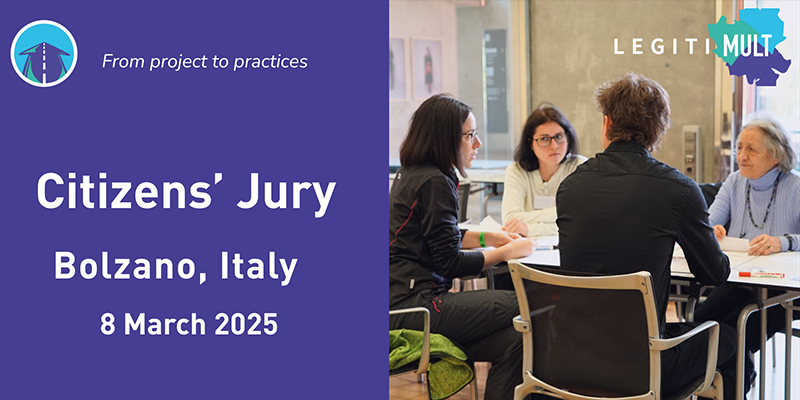
On 8 March 2025, EURAC hosted the first Citizens’ Jury of the LEGITIMULT project — a participatory initiative focused on improving democratic crisis governance. A diverse group of local residents came together to deliberate on a timely and pressing scenario: how to respond to extreme summer heatwaves in the city.
During the deliberative process, participants engaged in structured discussions and collaboratively developed around 10 concrete recommendations on how Bolzano could better prepare for and respond to such climate-related crises in the future.
This marks a key step in testing democratic innovation as a tool to enhance legitimacy and effectiveness in crisis response.
E-learning course
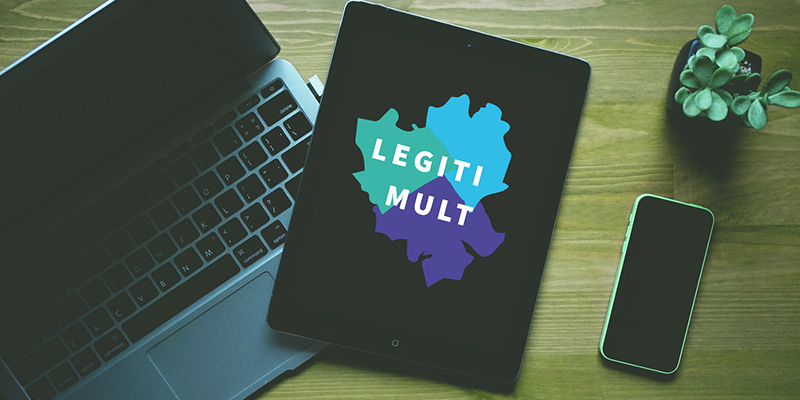
From natural disasters to economic and social crises, pandemics to humanitarian emergencies, and critical infrastructure collapses, we live in an era defined by profound challenges and crises.
Are you interested in understanding how to approach crisis management in a legitimate and effective way?
Project to Practice

Shaping the Future – From Project to Practice np_download_2176275_000000 Downloadthe work package GOAL Establishing information flows, dialogue and education on legitimate crisis governance among science, politics, administration, civil society and stakeholders building on the results of LEGITIMULT. question How can we integrate and implement the LEGITIMULT project’s findings in public policy making? DESCRIPTION WP7 aims […]
